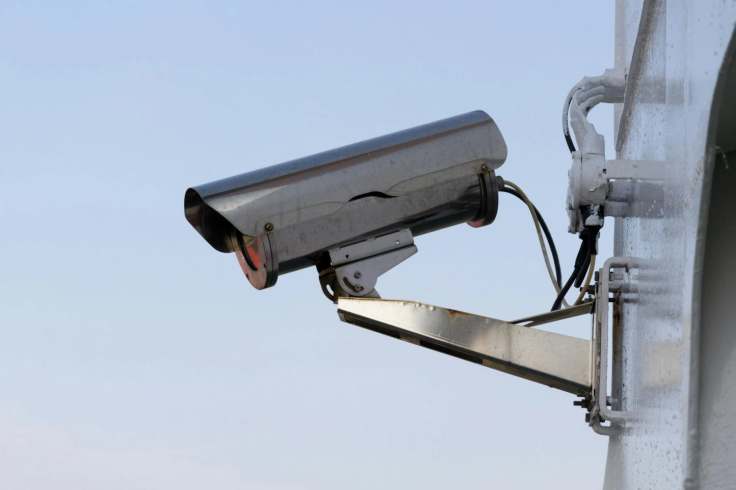Chinese Government Detains Academics on Espionage Charges, Sparking Global Concern
ByNew details have emerged about the fate of several academics who have disappeared after visiting China, heightening concerns within the scholarly community about repression and safety.
The recent revelations have underscored the precarious situation for researchers working on topics deemed sensitive by Chinese authorities.

Detained Academics and Espionage Charges
Yuan Keqin, a former professor at Japan's Hokkaido University and a Chinese national, was detained during a visit to China in 2019. Initially, there was no information about his whereabouts, and news of his arrest only surfaced the following year. Anonymous sources recently informed Japanese media that Yuan has been convicted of espionage and sentenced to six years in prison. This revelation has sent shockwaves through the academic community, raising questions about the transparency and fairness of such detentions.
Similarly, Taiwanese researcher Cheng Yu-chin, who previously worked at a university in the Czech Republic, was also arrested in 2019 upon entering China. In April 2023, the Chinese government announced that Cheng had been sentenced to seven years in prison, likewise on espionage charges. The manner in which information about these arrests is gradually released has caused significant apprehension among scholars who fear for their safety and that of their colleagues.
Uncertainty also looms over the fate of other Chinese scholars employed by Japanese universities. Hu Shiyun, a Chinese language professor at Kobe Gakuin University, returned to China in 2023 and has been missing since. Similarly, Fan Yuntao, a professor at Asia University, failed to return from a year-long trip to China and has been unreachable since.
The Chilling Effect on Academic Freedom
The detentions and subsequent convictions of these academics have had a chilling effect on the broader academic community. Astrid Nordin, Lau chair of Chinese international relations at King's College London, voiced the deep concern among scholars about the repression faced by their colleagues. "The academic community is extremely concerned about colleagues and collaborators who are victims of such repression for their scholarly activity," she said. This sentiment is echoed by many in the field who fear that engaging with Chinese counterparts could inadvertently put them at risk.
Marina Zhang, an associate professor at the University of Technology Sydney's Australia-China Relations Institute, highlighted the potential implications of China's expanding national security laws. New regulations coming into effect in July will grant border forces the authority to inspect and search content on mobile phones and laptops. Zhang pointed out that scholars collecting research data or participating in international conferences could be subjected to suspicion and investigation. "Even short visits to China might result in entry inspections and searches of electronic devices. This high-pressure enforcement environment undoubtedly hinders academic freedom and international exchange," she warned.
International Response and the Future of Academic Exchange
The situation has not only affected academics within China but has also had repercussions internationally. Benjamin Mulvey, a lecturer at the University of Glasgow specializing in international higher education in China, noted that the recent incidents have made academics "more wary" of conducting fieldwork in China. While foreign passport holders might still feel relatively safe, there is growing concern for colleagues who are Chinese nationals. Mulvey expressed concern that recent events would increase anxiety among researchers abroad, especially those of Chinese descent. He believes this will likely discourage scholars from pursuing research on sensitive topics and deter visits to China for fieldwork.
Professor Nordin also pointed out that Chinese scholars abroad face double victimization due to punitive actions in their host countries. For example, the "China initiative" in the U.S., launched under former president Donald Trump, aimed at combating espionage, has created a discriminatory environment for Chinese nationals.
The academic community is calling for more robust responses from their institutions and governments to protect scholars and uphold academic freedom. As China continues to tighten its national security laws, the international scholarly community remains on edge, seeking ways to navigate these challenging circumstances while maintaining the integrity and safety of their research endeavors.
© 2026 University Herald, All rights reserved. Do not reproduce without permission.








